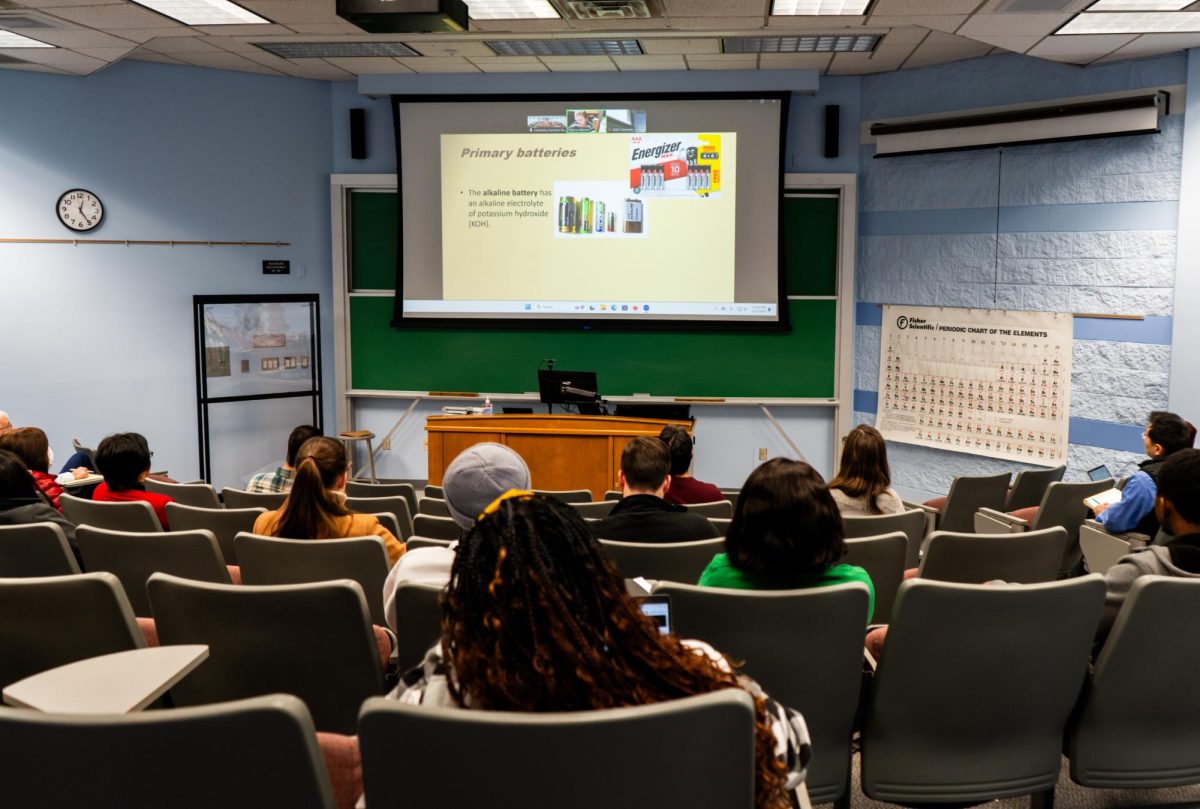With the Economist publishing articles with titles like “What a Third World War Would Mean for Investors – Global Conflicts Have a Habit of Sneaking Up on Money-Managers,” I think we are clearly past the point in which corporate greed is masked with concern for human well-being. What once would have been the title of an Onion satire article critiquing the Economist has now become our new normal. If this is the case, then I think the best argument I can make besides the fact that if we do not stop climate change, we will die, is that our GDP most likely will not be doing so hot in comparison to the temperatures outdoors.
Indeed, the 2023 Climate Report was just published, and things are not looking too good, despite the corporations who plant trees for “carbon offsetting” to justify their continued burning of fossil fuels. The Intergovernmental Panel on Climate Change (IPCC) found that climate change is responsible for a number of economic losses in “climate-exposed sectors” such as agriculture, forestry, fishery, energy, and tourism. In addition to this, urban areas are also suffering economically as “urban infrastructure, including transportation, water, sanitation, and energy systems have been compromised by extreme and slow-onset events.” In the spirit of the Economist, what this means for investors, as Reuters’ Marc Jones reports, is that climate change is putting a whopping 4% of the world’s global annual economic output (or GDP) at risk and, if we do not do anything about it, even more of the world’s wealth will be lost.
Although I do not hesitate to critique the narrow late-stage capitalist outlook on moral and ethical issues such as climate change, I am not arguing against a focus on the economy in regard to these issues either. Economic factors are crucial to human and environmental well-being. As the IPCC notes, these economic factors are a matter of social justice as they disproportionately affect lower-income areas and socially marginalized groups at a higher rate. Climate change is hurting the world economically especially for lower-class people, who, despite having done the least to cause climate change, are suffering the most because of it.
However, as many philosophers from Hegel to Marx have noted, the solution to the problem is often contained in the problem itself. If climate change is caused by insufficient regulations on large economic movers such as oil companies and more, which in turn causes the world’s GDP to plummet, with the most adverse effects on lower-class areas, then increased regulations should be part of the solution to this existential problem. Indeed, the IPCC itself advises, “To accelerate climate action, the adverse consequences of these changes can be moderated by fiscal, financial, institutional and regulatory reforms and by integrating climate actions with macroeconomic policies through (i) economy-wide packages, consistent with national circumstances, supporting sustainable low-emission growth paths; (ii) climate resilient safety nets and social protection; and (iii) improved access to finance for low-emissions infrastructure and technologies, especially in developing countries.” I appeal to investors’ self-interest here; it is clear that climate change is hurting the economy and, in addition to this, regulatory reforms on the economic sector might just be key to stopping it and thus preserving your wealth.
Kira Symington is a Dakota Student Section Editor. She can be reached at kira.symington@und.edu.



